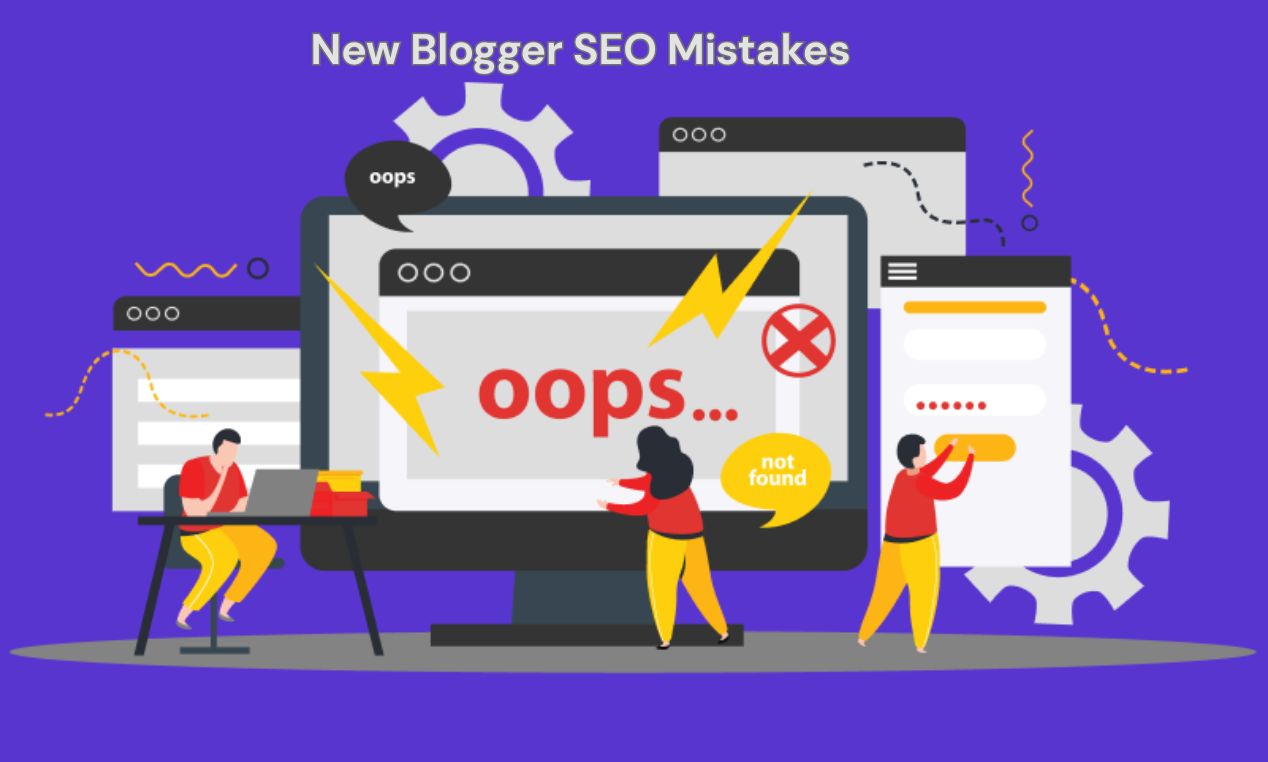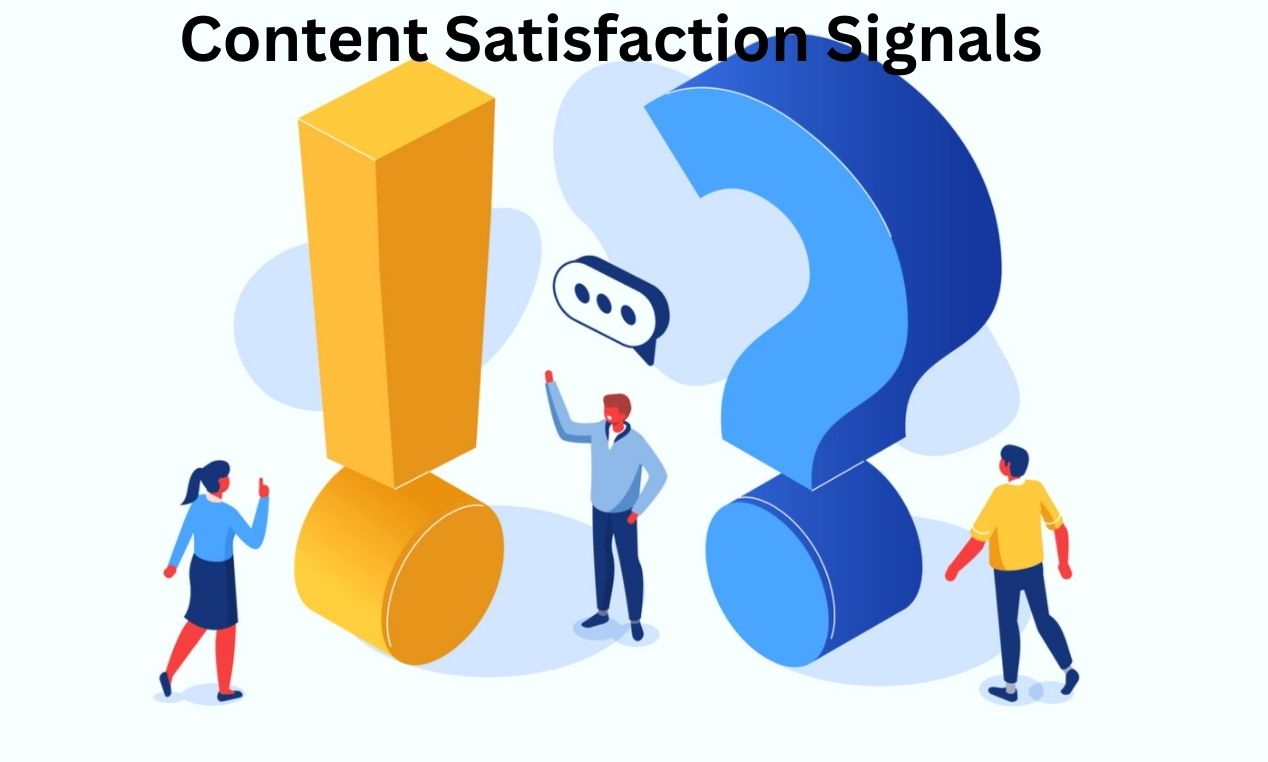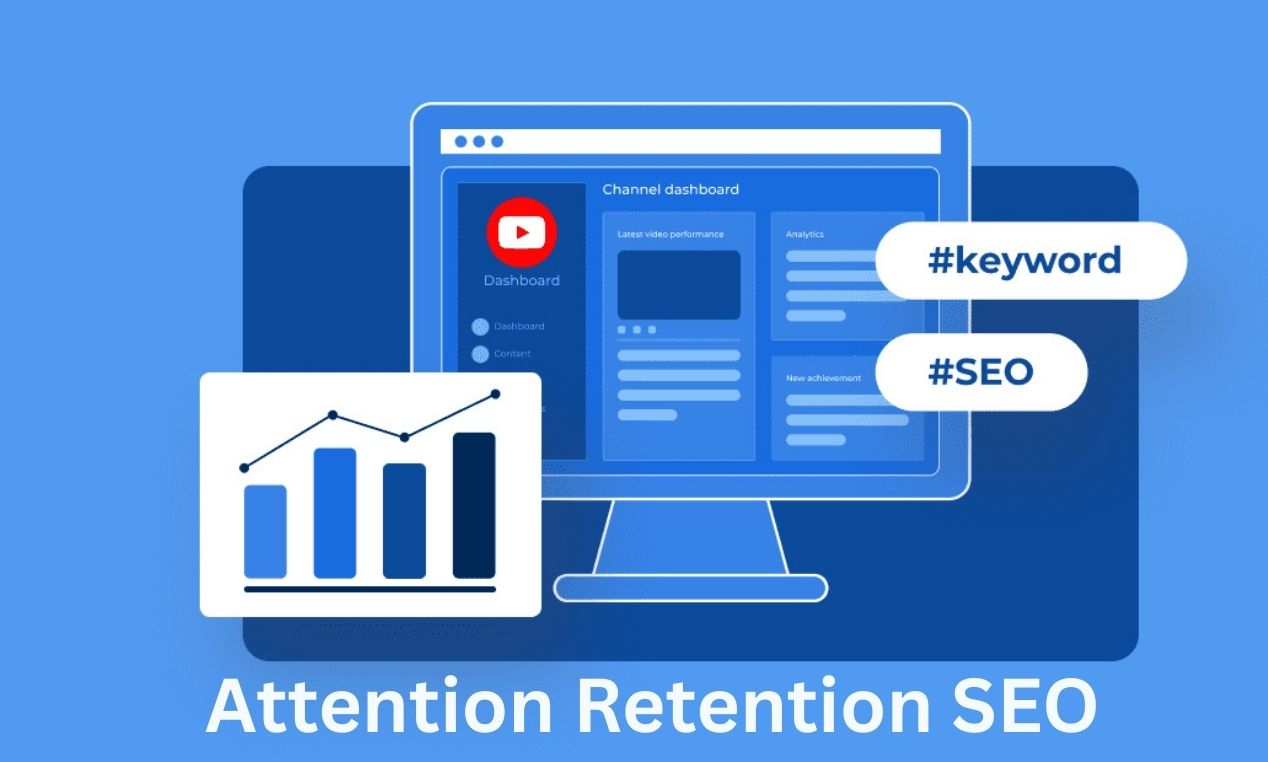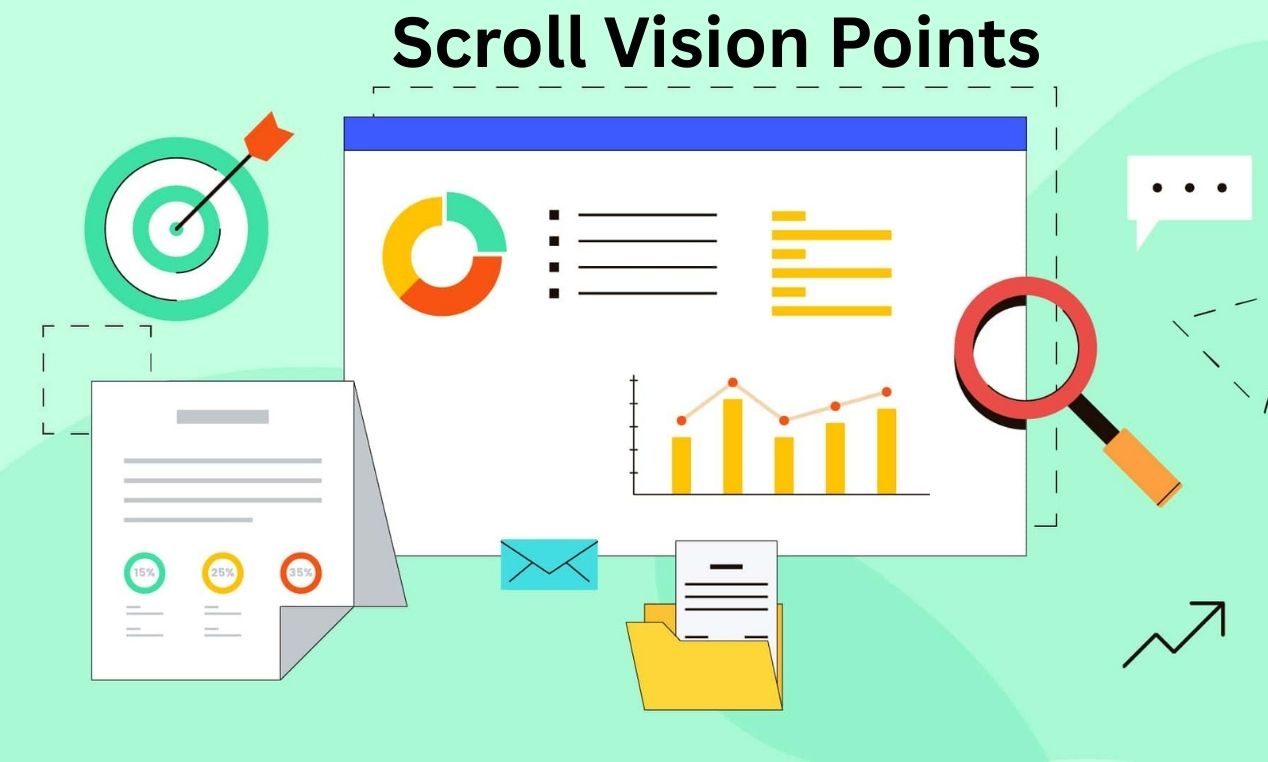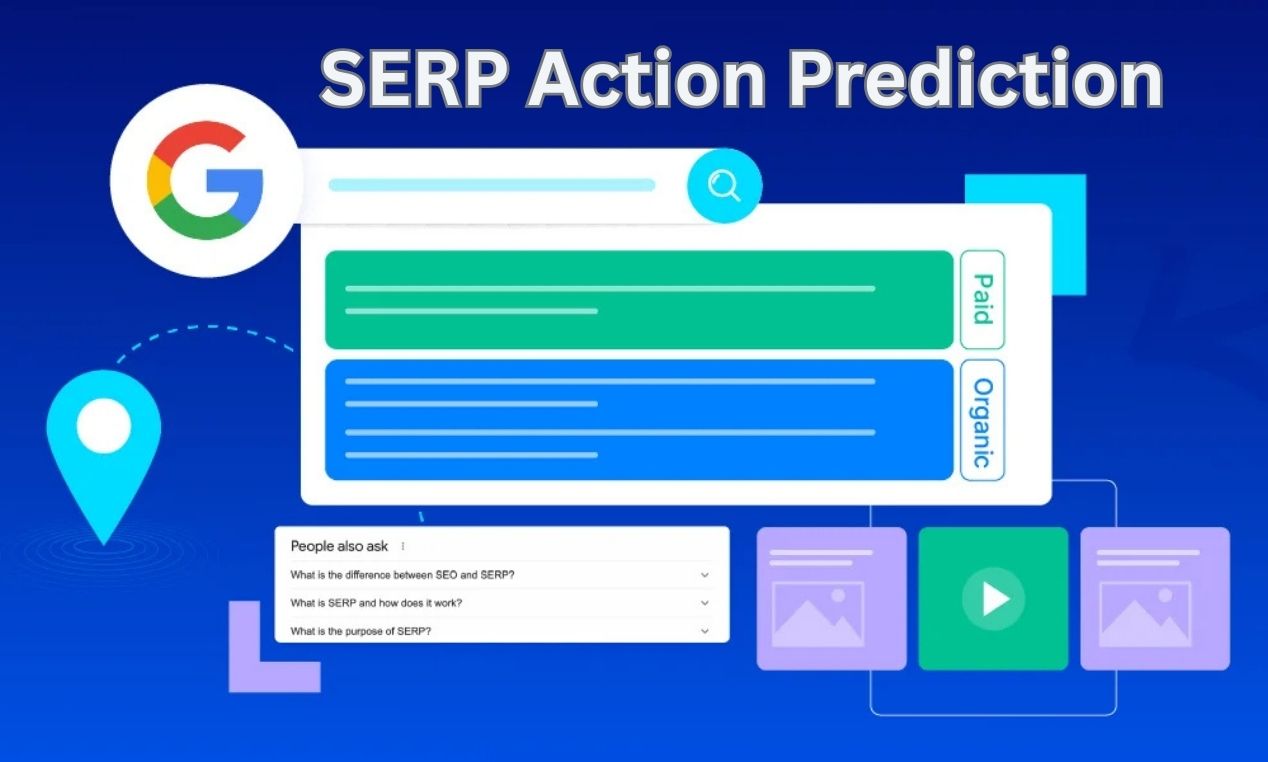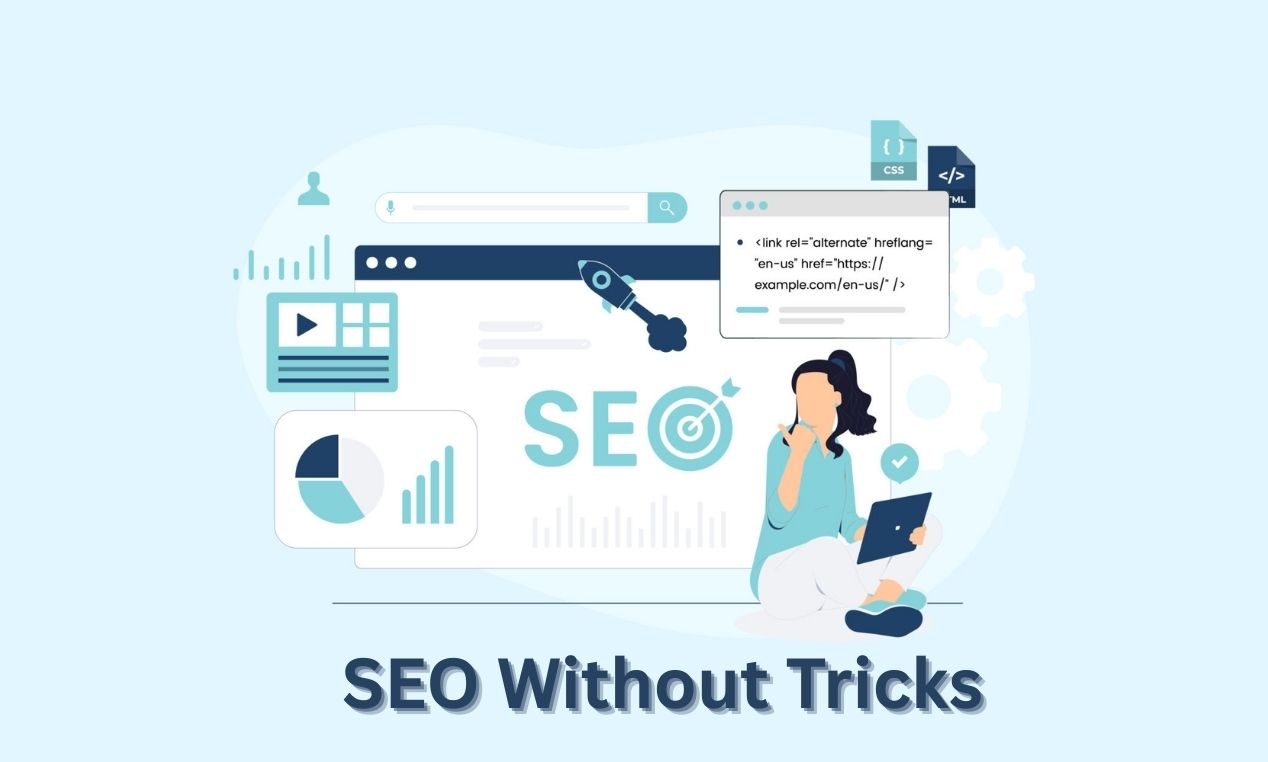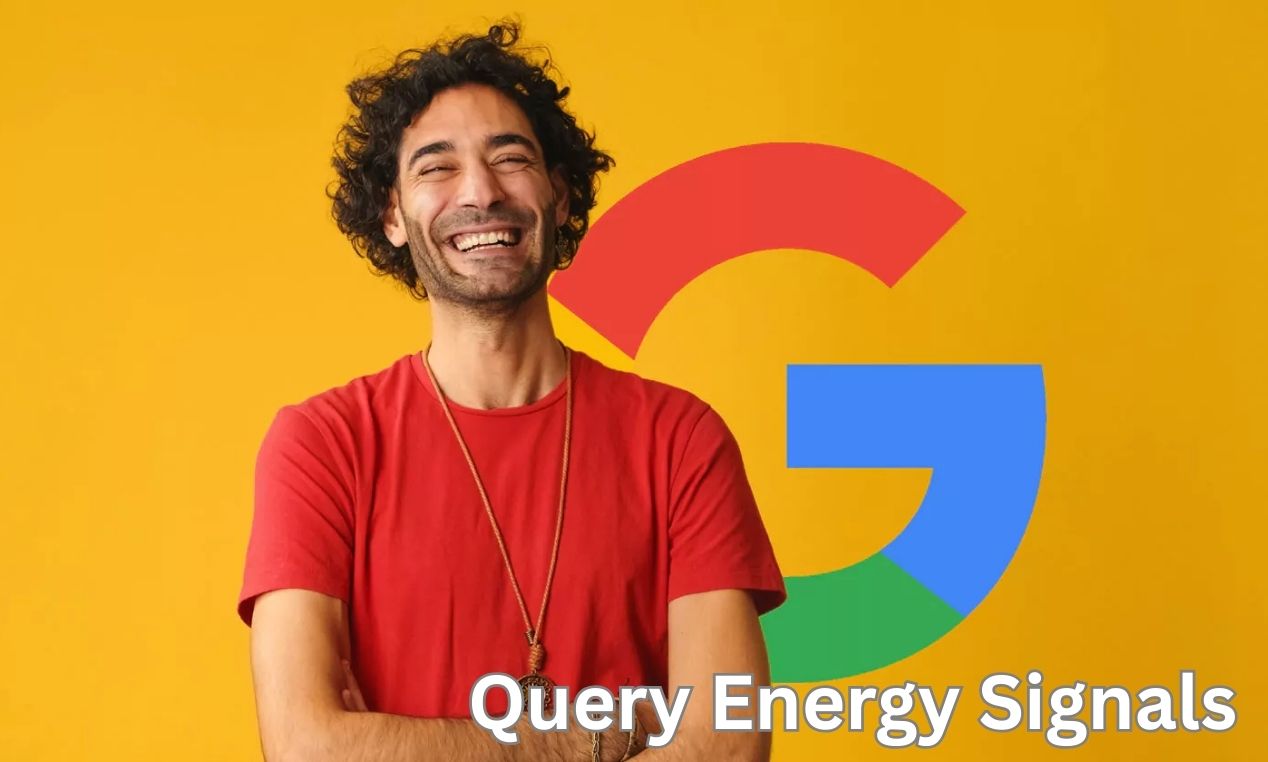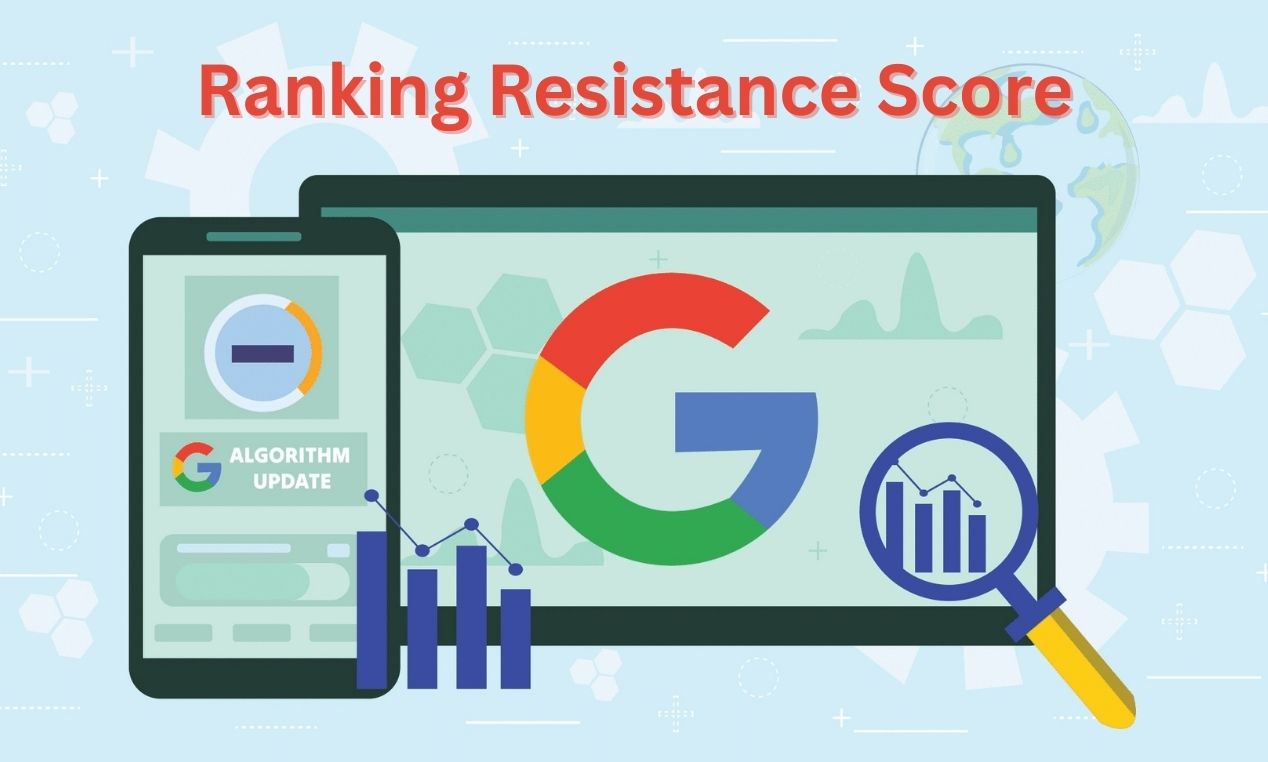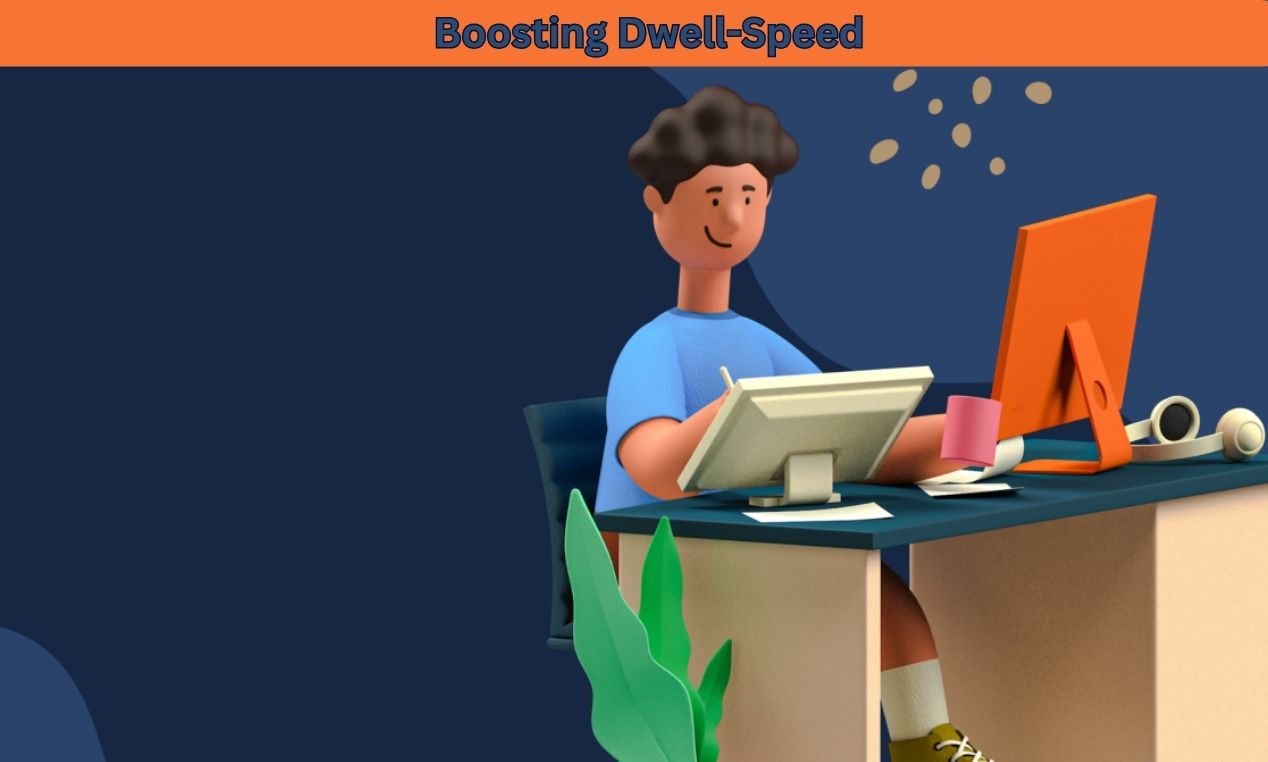Starting a new blog feels exciting you get your domain, design your site, publish a few posts, and then… silence. Days pass, and your articles don’t show up anywhere on Google.
If you’re wondering “Why isn’t my site ranking?”, you’re not alone. Most new bloggers face this same frustration, especially when they’re just learning SEO and trying to understand how search engines work.
The truth is, your blog isn’t ranking not because your content is bad, but because of a few simple New Blogger SEO Mistakes that almost every beginner makes. Let’s go through them one by one and see how to fix them.
Table of Contents
New Blogger SEO Mistakes
1. Not Understanding How SEO Actually Works
One of the biggest issues for new bloggers is diving into content creation without learning the basics of SEO. Search engines don’t rank websites just because they have great writing; they rank them based on how well your pages match a user’s search intent.
One of the most common New Blogger SEO Mistakes is skipping keyword research and not using tools like Google Search Console. Before you start writing, you need to understand what people are searching for and how they phrase their questions.
2. Writing for Yourself, Not for Readers
Many first-time bloggers fall into the trap of writing what they want to share, not what people are actually searching for. You might have written a great article, but if no one is looking for that topic, it won’t get traffic.
One of the biggest New Blogger SEO Mistakes is ignoring keyword research. Ask yourself, “What is the most common mistake for first-time bloggers?” it’s exactly this: creating content without understanding search demand.
Always begin with figuring out what your audience needs help with and what keywords they’re using.
3. Ignoring Long-Tail Keywords
New bloggers often go after broad topics like “weight loss” or “digital marketing,” not realizing that these are dominated by massive websites. Instead, focus on long-tail keywords the more specific, less competitive search phrases that real people use.
Let’s take an example. Instead of “how to start a blog,” go for something like “how to start a travel blog on Blogger.” It’s more specific and has a better chance of ranking quickly.
Long-tail keywords examples include things like:
- “blog post ideas for small businesses”
- “how to get traffic to a new blog without ads”
- “best SEO tools for beginners”
These kinds of phrases bring in fewer visitors, but those visitors are more likely to stay, read, and engage which is exactly what you want.
4. Skipping the Long Tail Strategy
So, What is the long tail strategy? It’s the process of building traffic by targeting multiple low-competition keywords instead of one big one. Over time, these smaller wins add up and help your site gain authority.
Think of it like this: instead of trying to climb a big mountain all at once, you take smaller steps that slowly get you higher. That’s what the long-tail strategy does it helps you grow your traffic steadily and naturally.
If you consistently write posts based on long-tail topics, your overall visibility increases, and you start ranking for broader terms too.
5. Not Fixing Technical SEO Problems
Sometimes your content is good, but Google can’t crawl or index it properly and that’s one of the most common New Blogger SEO Mistakes people overlook. Technical SEO plays a big role here. Things like broken links, missing meta descriptions, or slow loading speeds can quietly stop your blog from ranking.
If you’re wondering “why is my website not ranking?”, start by checking your site through Google Search Console or PageSpeed Insights. Fixing even small technical issues can make a huge difference in visibility.
Also, make sure your posts have a clear structure headings, short paragraphs, and internal links to related articles. These simple steps help both your readers and search engines understand your content better.
6. Forgetting to Promote Your Content
Publishing a post is just half the job. You also need to share it on social media, forums, and in relevant communities. Google notices engagement signals like clicks, shares, and time spent on your site. The more people interact with your content, the better it performs over time.
Engaging with readers also builds trust. When people comment on your blog or share your posts, it shows Google that your site is active and valuable.
7. Expecting Quick Results
New bloggers often expect to see rankings within a few weeks. But SEO takes time. If you’re wondering “how to rank blogger blog on Google”, remember that consistency matters more than speed. Keep publishing quality posts, target the right keywords, and stay patient.
Over time, your blog will build authority and once that happens, rankings will come more naturally.
Conclusion
Every blogger starts somewhere, and it’s okay to make mistakes. What matters is that you learn from them. Focus on understanding your audience, using long-tail keywords, fixing technical issues, and tracking your progress in Google Search Console.

